
Carolyn Wilke earned her Ph.D. in environmental engineering at Northwestern University, where her research drew on the fields of environmental chemistry, materials science and toxicology. She got her start in science writing by blogging for HELIX, Northwestern’s science magazine and wrote as a AAAS Mass Media Fellow at The Sacramento Bee. Now a freelance science writer. Carolyn worked as a staff writer at Science News Explores and interned at Science News and The Scientist. When not delving into a new scientific discovery, you might find Carolyn behind her sewing machine or trying to amuse her cat.

All Stories by Carolyn Wilke
-
 Microbes
MicrobesGlobetrotting microbes in airplane sewage may spread antibiotic resistance
Along with harder-to-kill microbes, airplane sewage contains a diverse set of the genes that let bacteria evade antibiotics.
-
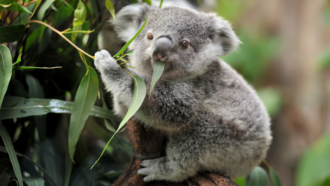
-
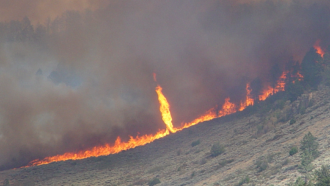 Earth
EarthScientists Say: Firewhirl and Firenado
Firewhirls are smallish vortices of ash and flame; firenadoes are true twisters set off by the conditions that come with a wildfire.
-
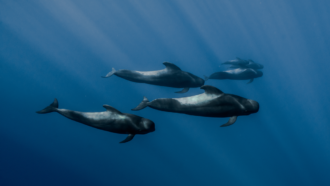 Animals
AnimalsWhales echolocate with big clicks and tiny amounts of air
Toothed whales may echolocate using bits of air that they recycle inside their heads to conserve both air and energy.
-
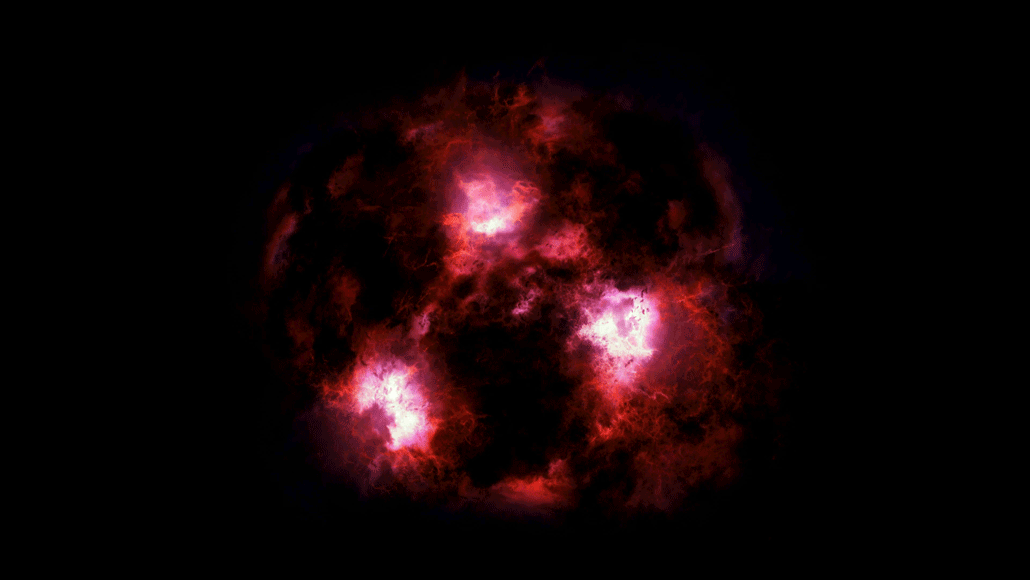 Space
SpaceDust-shrouded monster is a snapshot from the early universe
Scientists have spotted a massive galaxy from the early universe shrouded in dust. It turned up in a small survey by the ALMA radio telescopes in Chile.
-
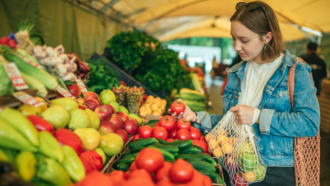 Life
LifeScientists Say: Nutrient
Nutrients provide living things, from bacteria to animals, with the energy and materials to grow. But too much of a nutrient can sometimes cause harm.
-
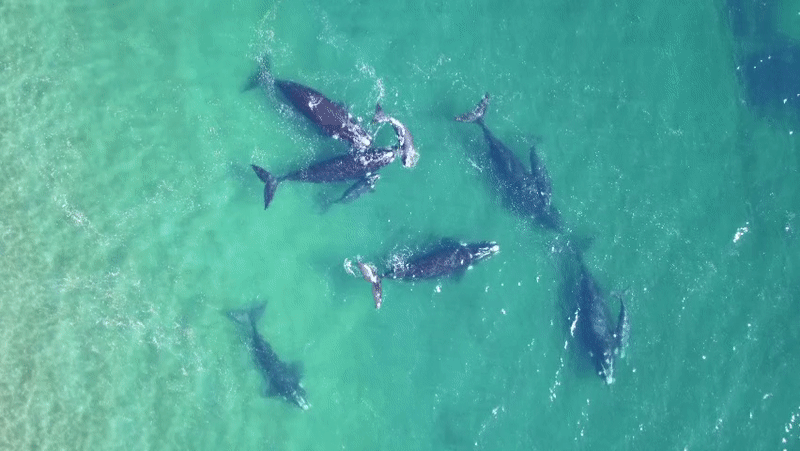 Tech
TechDrones help scientists weigh whales at sea
Drone imagery lets scientists estimate a whale’s weight. And that may help monitor the health of these big mammals for conservation purposes.
-
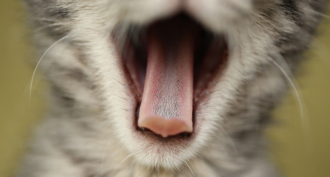 Animals
AnimalsScientists Say: Papillae
These small nubs stick out from a body part. They include things such as tongue bumps with taste buds and the structures under the skin that help grow hair.
-
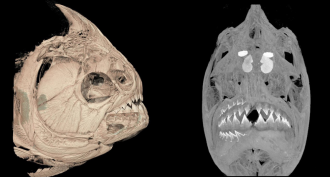 Animals
AnimalsPiranhas and plant-eating kin replace half their teeth at once
Piranhas and pacus shed and replace half of their teeth at a time. New teeth lock together as they push up from the jaw.
-
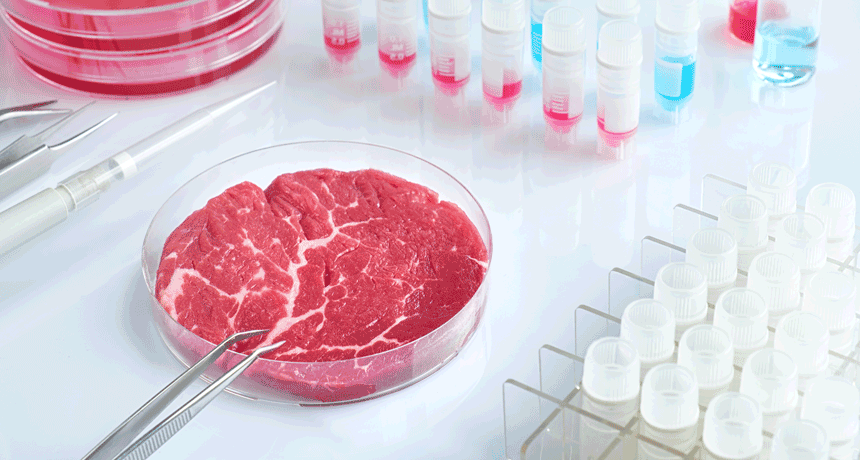 Life
LifeA new spin on lab-grown meat
A technique inspired by how cotton candy is spun could help produce lab-grown meat at a lower cost and on a bigger scale.
-
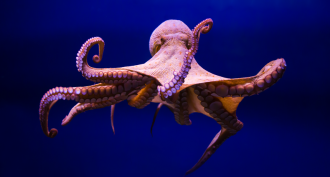
Scientists Say: Octopod
These marine animals have soft bodies and eight sucker-lined arms. Some are known for their smarts or ability to quickly change colors.
-
 Physics
PhysicsScientists Say: Power
This word describes the rate at which energy is delivered or used to do work, along with related ideas, such as ways of making electricity.